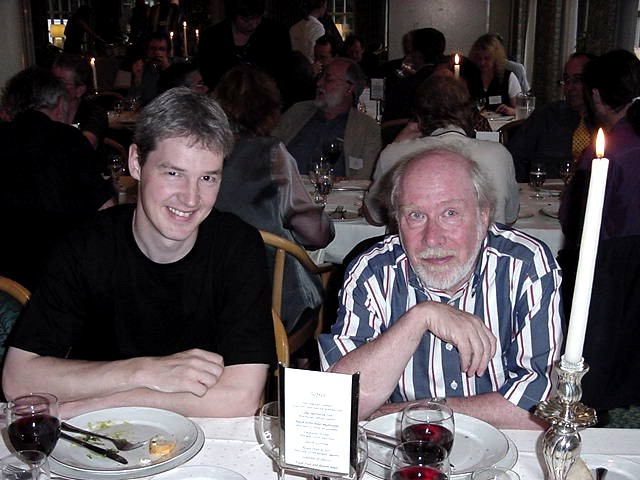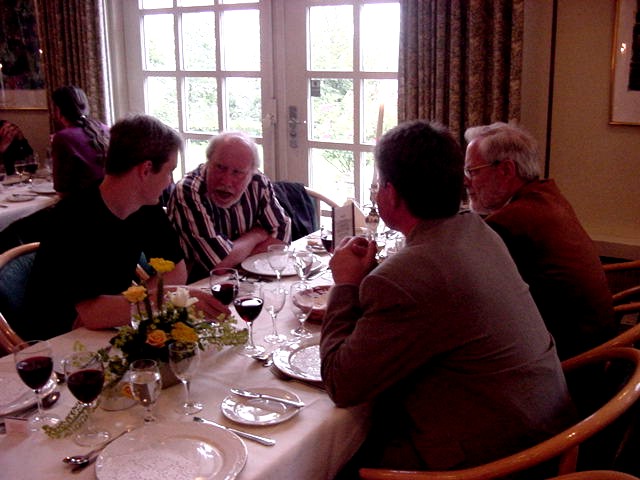While I was thinking about the history of programming languages recently, I remembered slides I once made, showing a (simplified) family/influence/history diagram of languages.
Shared he in case it’s useful to anyone.
(It was made many years ago, so not up to date after 2010 – sorry. And I fully expect your comments correcting my interpretations…)
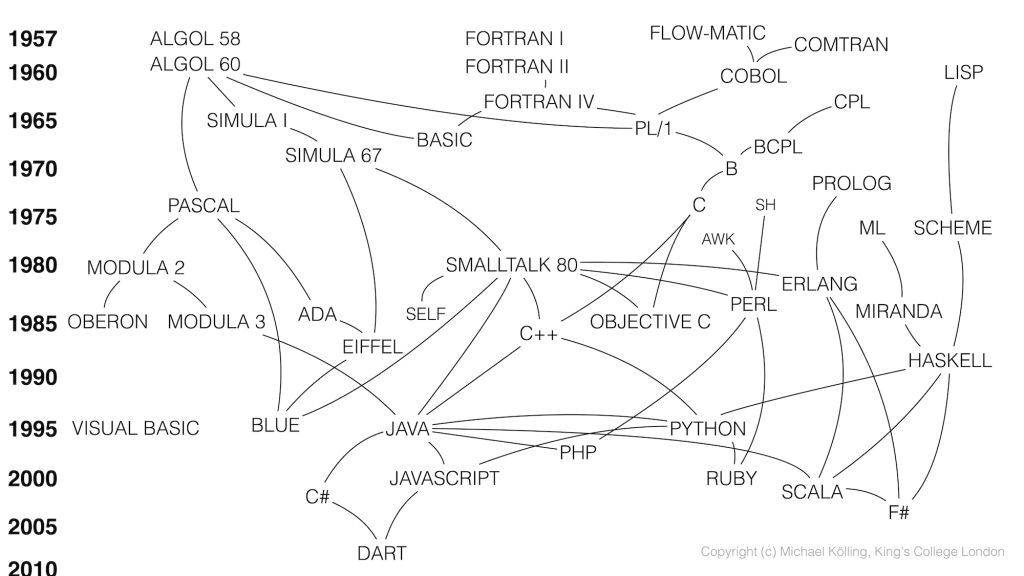
Some programming languages and their relationships (up to 2010)
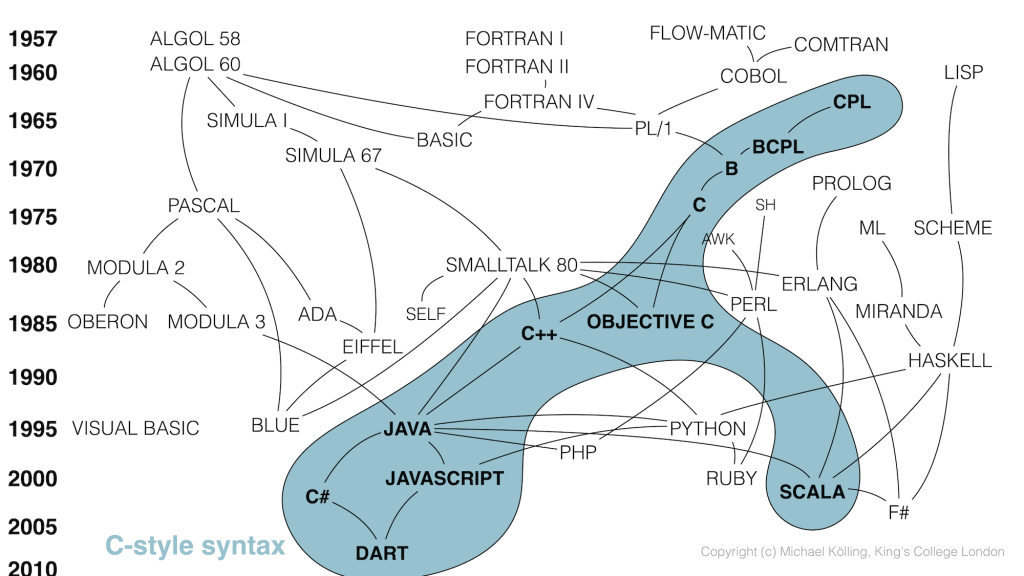
Languages with C-style syntax
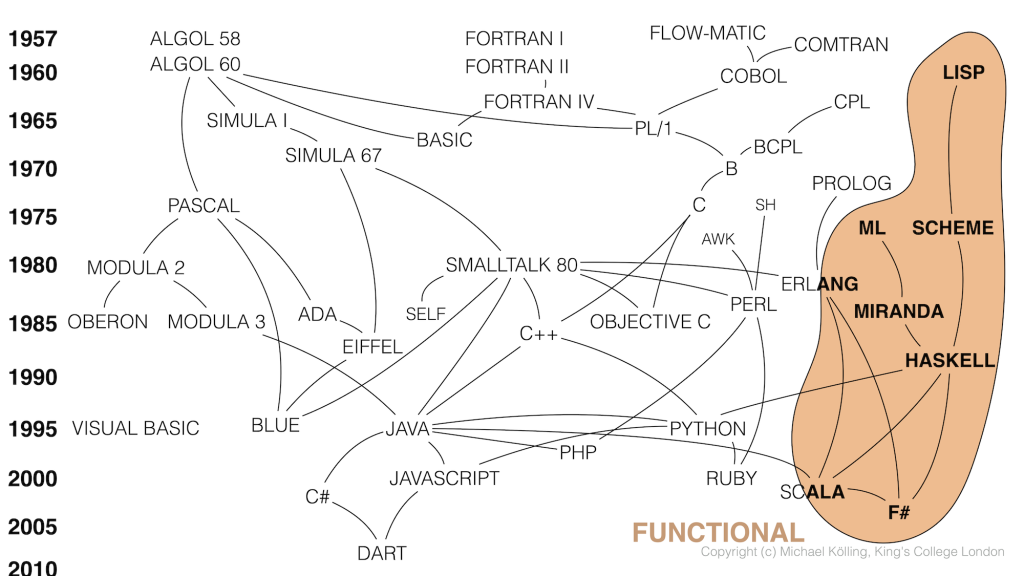
Functional languages (some languages intentionally on the border…)
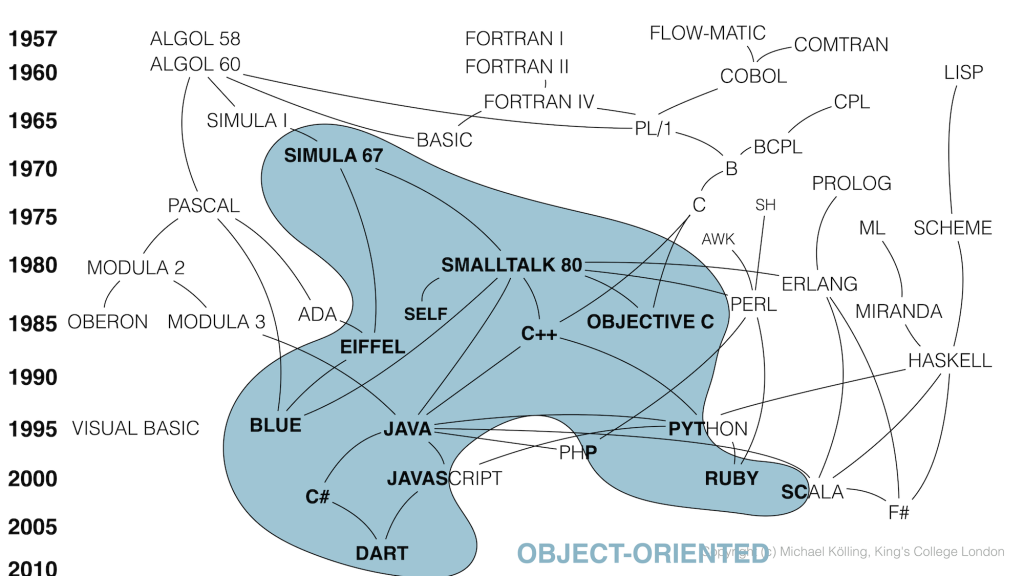
Object-oriented languages (some languages intentionally on the border)
Here is a PDF file with the same diagrams.

